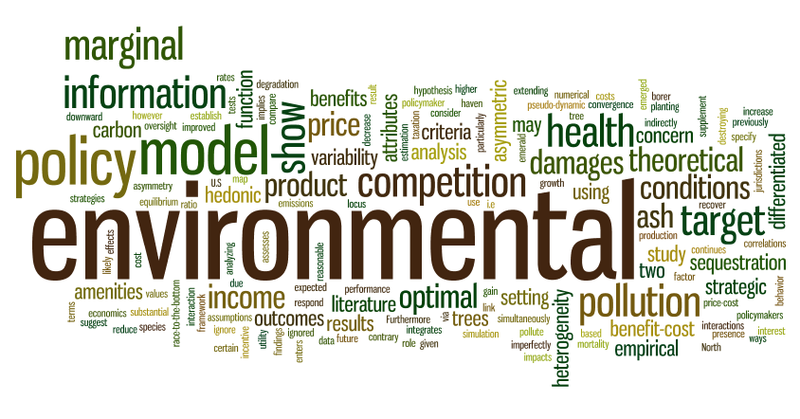For my specialty area topic investigation, I will be analyzing how gender impacts the culture/nature question. Through this class we have approached several readings that implied a nature/female and culture/male connection, and I would like to examine this preconception in a deeper context, specifically as it relates to Western perceptions of indigenous communities natural resource management and environmental practices. Gender is often an unmarked category in the context of societal structure, and that assumption can hold a lot of significance in conversations about environmentalism in different parts of the world. When we think about a hunter in an indigenous society, are we assuming they are male? With that question in mind, it is also important to look at a given society and see if there are specific gender divides in terms of roles related to the environment.
For this investigation, there are several questions I will be considering. For instance: how do gender roles play a role in conservation? Does gender contribute to the culture/nature question in a way that lends one group more towards conservation than the other? Gender roles both in developing and developed countries play a unique part in creating the current environment we live in, and influencing how we exist and react within it. With conversations about gender, there is also an intrinsic conversation about power dynamics, and this is a very relevant metaphor to the environment in many ways. Power dynamics and different executions of power structures impact how the environment is approached in different communities, and I hope to examine that in depth through the lens of Western preconceptions. I will be exploring several different view points and analyzing essays focused on geographically distinct areas of the world to develop a more comprehensive understanding of this topic.
